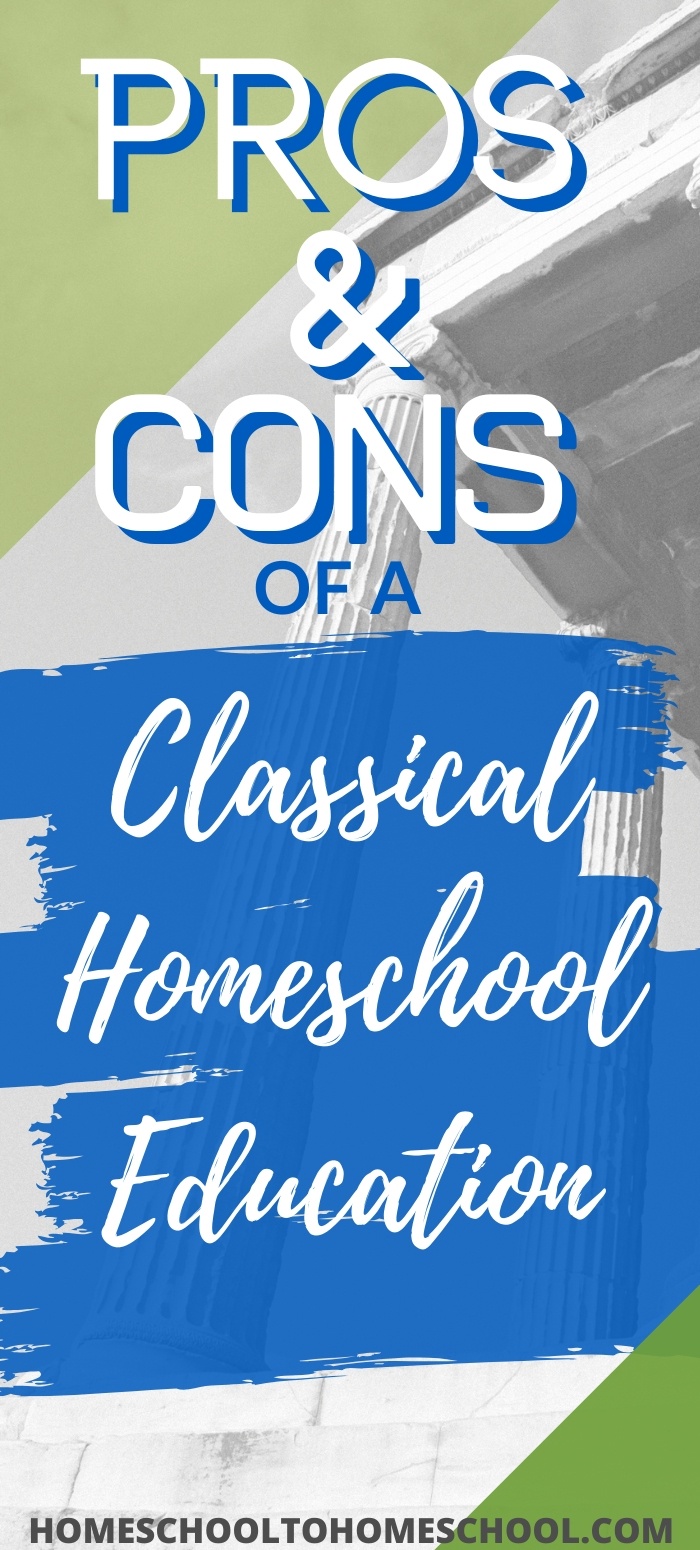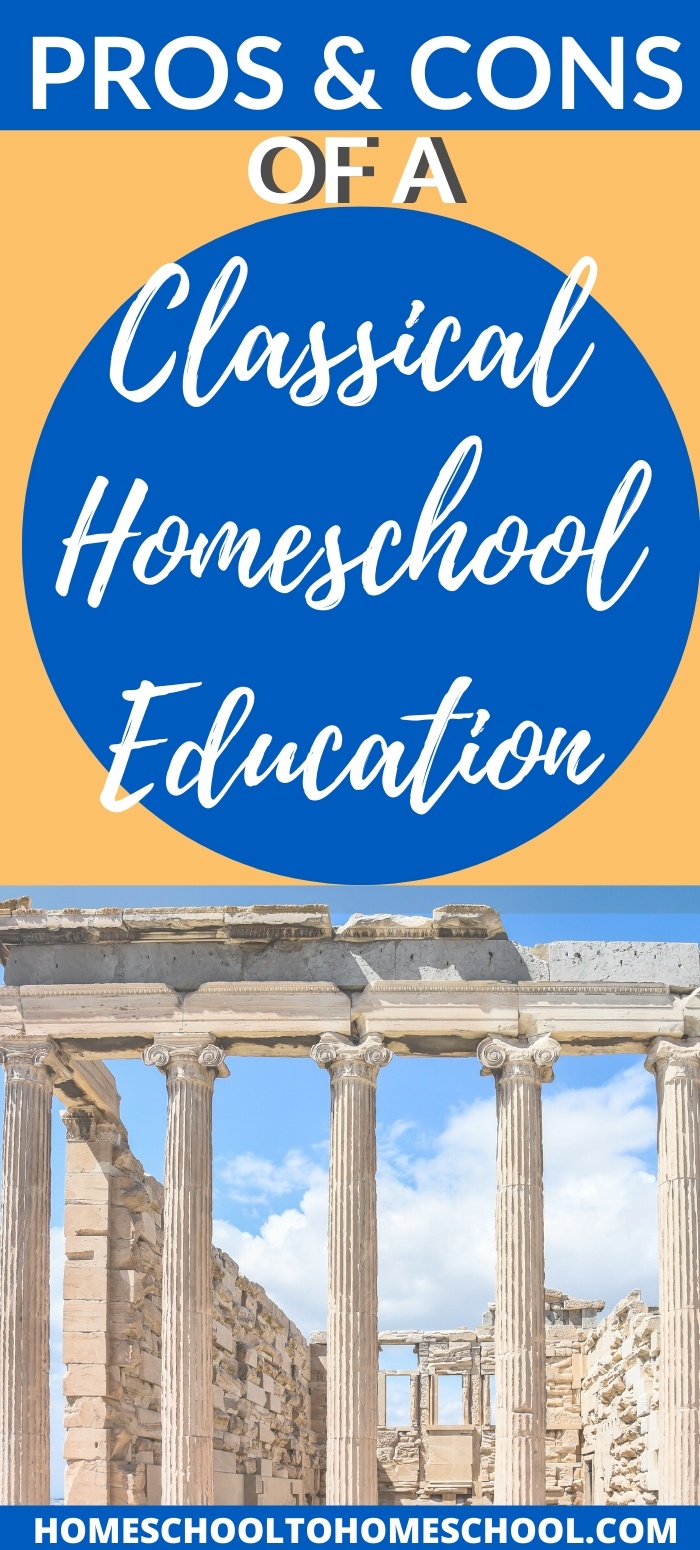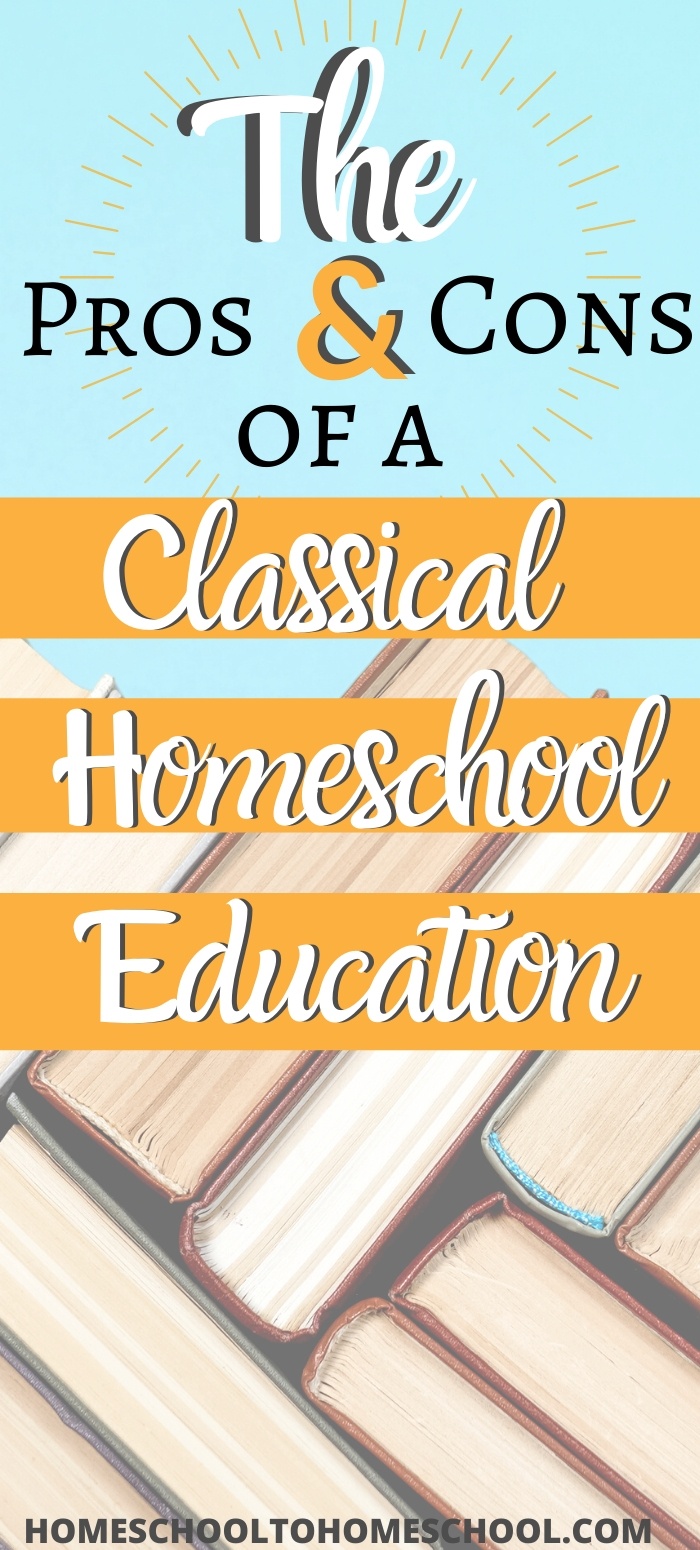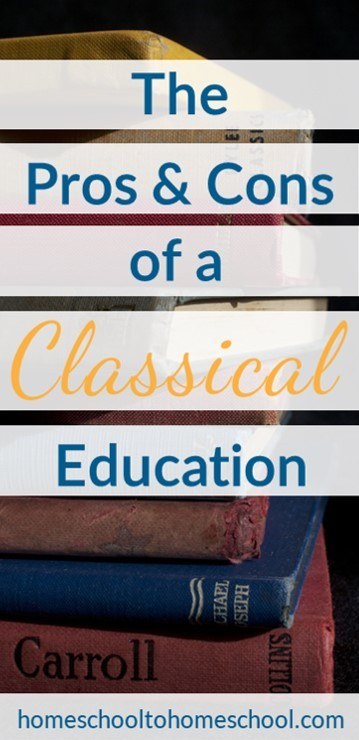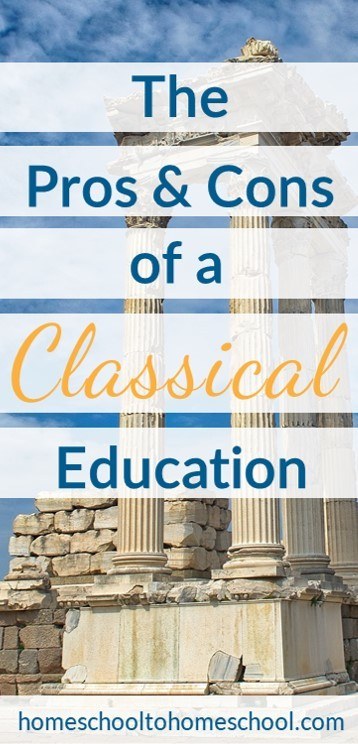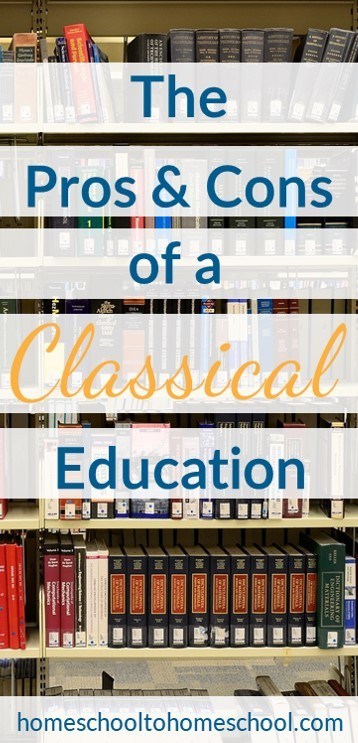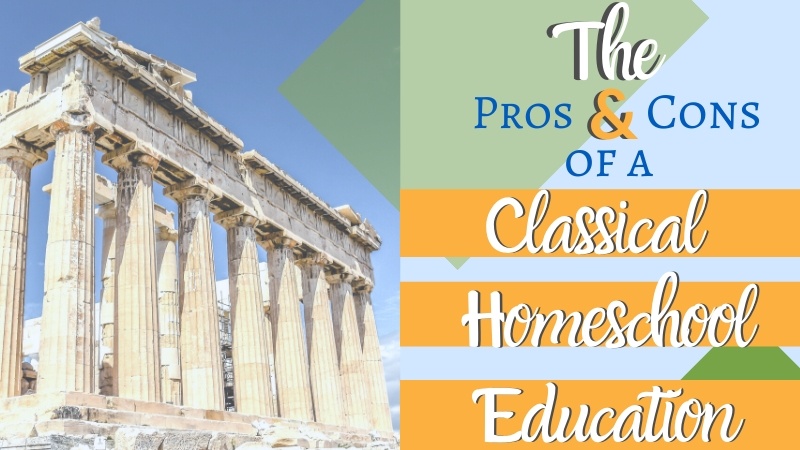What is a “classical education”? Is it a good fit for your homeschool?
This week I’m chatting about my favorite resource to learn more about classical homeschool education … and why it may or may not be the best fit for your family.
CLICK HERE to check out the best classical homeschool resource to learn more:
https://amzn.to/2EzF8tj
Want to keep reading instead of watch? Scroll to read a transcript of the video.
Ready to feel Confident and Successful as you homeschool?
Register below to watch my FREE CLASS
Confident Homeschool Secrets
7 Ways to Create a Homeschool That Works (and you LOVE!)
Transcript
Hello! My name is ToriAnn Perkey, and from my homeschool to your homeschool, today I want to talk about the pros and cons of using a classical education approach to your homeschool.
Now, you may not know this about me, but I actually majored in Latin -- as in the language the Romans spoke -- as in no one speaks it anymore. I know, kind of crazy, but it's a long story about why I chose to major in Latin in college. But because I majored in Latin, classical education was the first model of homeschooling education that I learned about.
When I read about it, I was in heaven. I was going to teach my little third grade kid Latin. I was so excited … but I'm getting ahead of myself.
What is a classical education? What am I talking about? Well, homeschoolers - we have different styles that have kind of cropped up in the homeschooling community of different ways of approaching an education. And a classical education is a very rigorous type of education that follows the Greek Socratic method. It's the idea that first you have a grammar stage and then a logic stage and -- nope -- I said that right. Grammar then logic then a rhetoric stage, and the idea is that you learn information, then you learn how to connect information, and then you learn how to come up with your own ideas.
What I love about Classical Education
And there are lots of things to love about a classical education. It lays a phenomenal ground later for kids who are going to -- they need to in their older years be able to pull information together and really become thinkers. It creates kids who are good at writing, because they do lots of practicing where they copy work down, but they also practice listening and from dictation and then writing.
It covers all of the subjects, and it focuses on really looking at classical sources and being very clear on the types of information that you're learning from. You're not learning from lots of stuff that's kind of fake and twaddle and -- actually, twaddle's a Charlotte Mason approach -- but do you know what I'm saying? Like you're going to be rigorous, you're going to be focusing, you're going to be learning lots of memorizing.
This really appealed to me. I was so excited. I said “oh, let's go!” and then I started to think about some of the cons. The cons came up when I started to actually try to teach my children this way because it actually wasn't a good fit for my kids, although I've seen it work marvelously for some other families.
What I don't love about Classical Education
The cons were that my kids at 7 and 8 didn't really want to memorize a whole lot. They weren't really motivated, and we were wrestling with other things with some personality things and some discipline things, and I just could not wrap my brain around how I was going to get my kids to actually do their Latin homework when they were 8 even though I was fascinated by it.
The other thing is -- and I do want to show you. So, this is the Bible when it comes to classical education in the homeschool community. It's called "The Well-Trained Mind: A Guide to Classical Education at Home" and it's by Susan Wise Bauer and Jessie Wise. These two really led the movement to create a classical education in the home. This was the book I read and it talked all about why homeschooling was amazing, and it really sold me on the idea.
The other thing I loved about the book is it would talk about different types of information that you could cover at different ages from kindergarten all the way through high school. I mean, this is not a small book. It's a huge book, and I loved it for its resources, and I still do.
But when I actually started to try to do it, I started to feel overwhelmed. There was so much in here to do, and back when I got started, I didn't know how to pull out pieces and not try to do everything, which I think is kind of a common thing when you start. At least it was for me. I had to learn not to do that.
So I think one of the cons of a classical education is it can start to feel very rote, and it can start to feel a little overwhelming and a little bit like you're just cramming facts into a kid's head without kind of looking at the overall picture of why you're learning it and letting the kids really engage in the information.
I do think there are some cons that if you can overcome those, this is a fabulous model because it is going to build really deep thinkers if they move all the way through the information all the way through their high school experience, and it is definitely going to create kids who know a lot.
If you want kids who are well versed that have a broad range of knowledge in lots and lots of areas and can recall a lot of information, this is definitely a model to check out, and if you're at all interested or you just want to read a really good introduction on why homeschooling can make all the difference for kids, then I highly recommend you check out "The Well-Trained Mind."
It's not going to look like this. This is the second edition. I bought it so many years ago. They are on the fourth edition. So, I'm going to leave a link either up above or down below and it will be a link to the newest fourth edition which has lots more resources -- particularly when it comes to internet resources, because that really wasn't even an option when I started homeschooling over 14 years ago. So, check it out if you're interested in learning more about classical education.
I'm ToriAnn Perkey, and I make these videos every week so that you can be a super successful and confident homeschool mom.
Save for later by pinning to your favorite Pinterest board!
